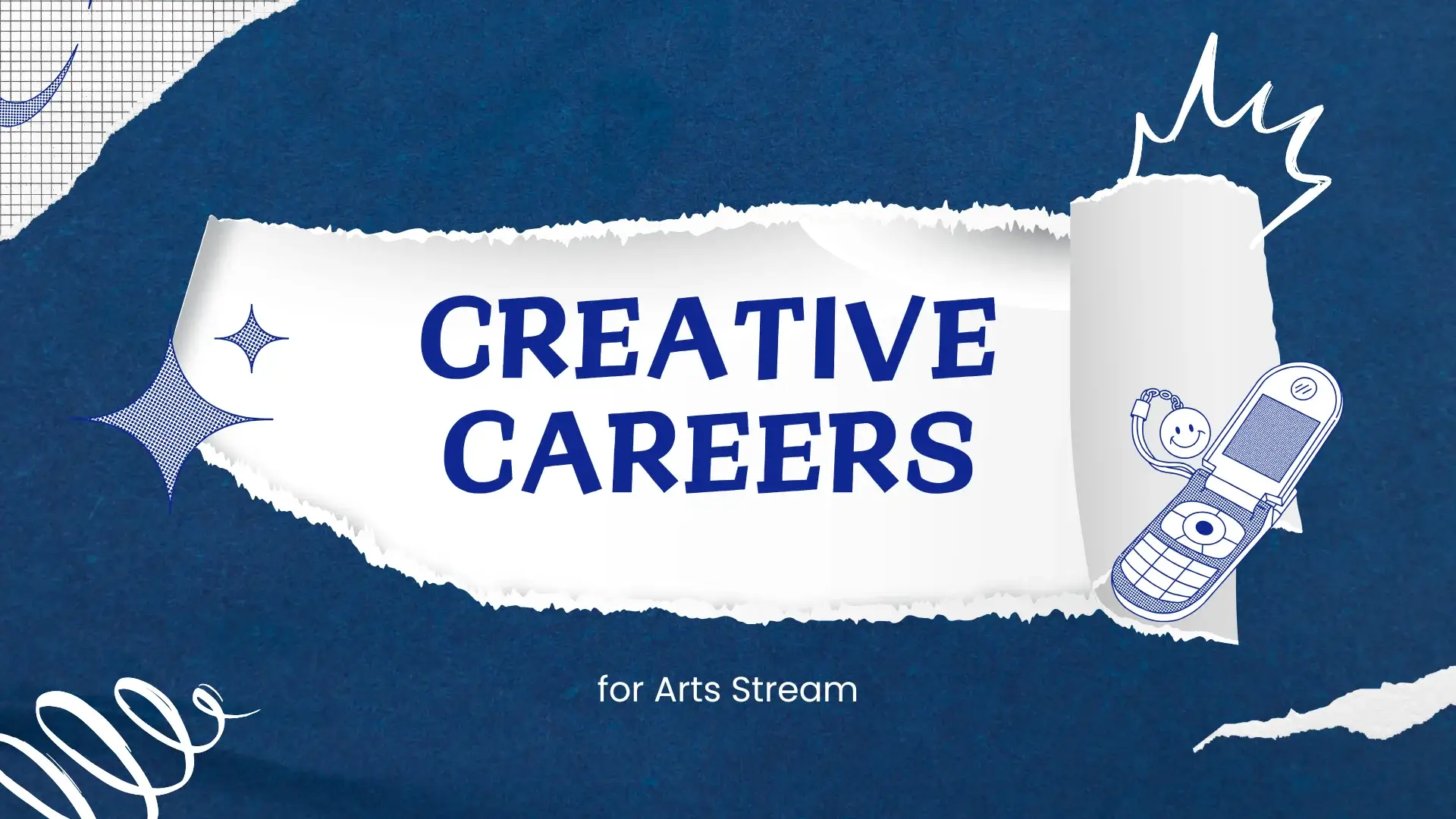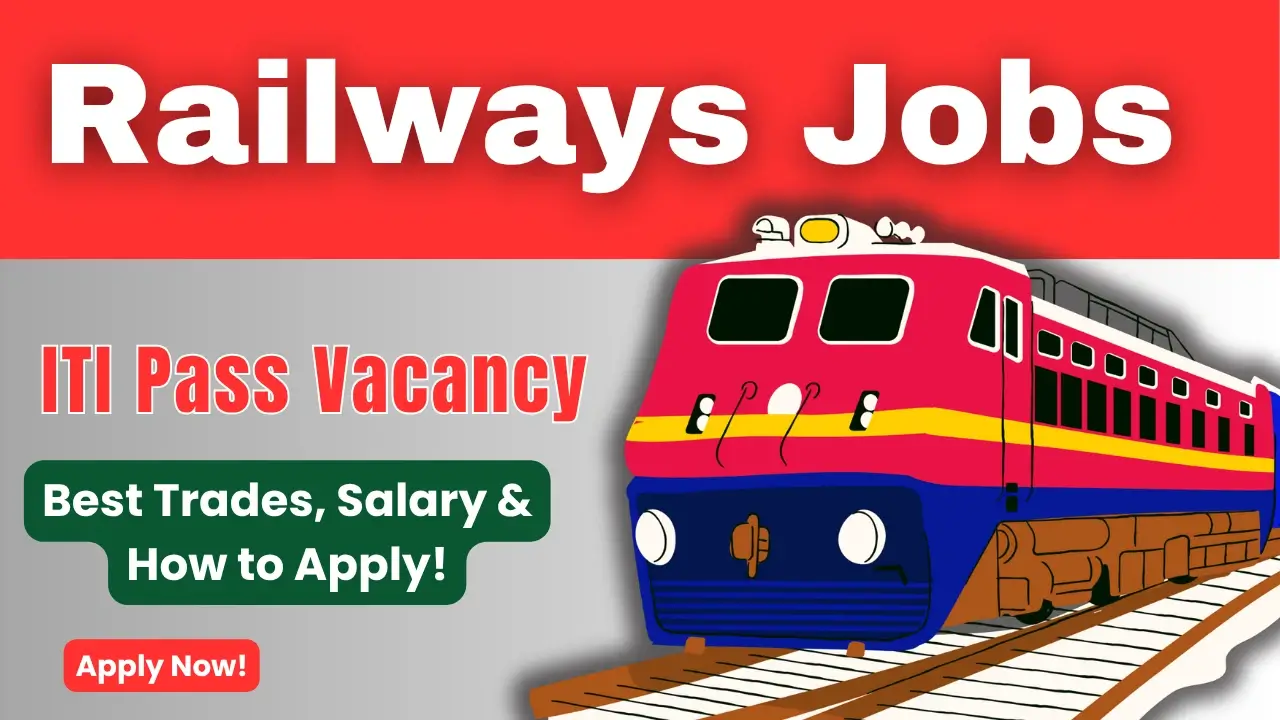Last Updated: July 15, 2025 at 11:24 am
Choosing the right career path after completing 12th commerce can feel overwhelming, especially when everyone around you seems to have different opinions. The good news? Commerce opens doors to numerous lucrative career opportunities that don’t require years of additional study or complex skill development.
Whether you’re interested in finance, business management, or entrepreneurship, this comprehensive guide will help you discover practical career options that align with your interests and offer excellent growth prospects.
Why Commerce Students Have an Advantage in Today’s Job Market
Commerce graduates possess a unique blend of analytical thinking, financial literacy, and business acumen that employers highly value. The foundation you’ve built in subjects like accountancy, business studies, and economics gives you a head start in understanding how businesses operate.
Recent industry reports show that commerce graduates have a 78% higher employment rate compared to other streams, primarily because businesses need professionals who understand financial planning, market analysis, and business operations.
Top Easy Career Options After 12th Commerce
1. Chartered Accountancy (CA)
Why it’s perfect for commerce students: Your strong foundation in accounts makes the transition smoother than students from other streams.
Entry requirements: Clear CA Foundation exam (no minimum percentage required for 12th commerce students). Register for CA Foundation at ICAI official website.
Career prospects: Starting salary ranges from ₹8-25 lakhs annually, with senior CAs earning ₹40+ lakhs in multinational corporations
Study duration: 3-5 years depending on your pace
The CA qualification remains one of the most respected professional degrees in India. What makes it particularly attractive is that you can start earning while studying through articleship training.
2. Company Secretary (CS)
Why it’s ideal: Lower competition compared to CA, with excellent job security in corporate governance.
Entry requirements: Graduate from any stream, but commerce background gives significant advantage. Learn more about CS course at ICSI official portal.
Career prospects: Fresh CS professionals earn ₹50,000-75,000 monthly initially, with senior positions offering ₹15-30 lakhs annually
Study duration: 2-3 years
Company secretaries handle legal compliance, board meetings, and regulatory requirements. With increasing corporate governance regulations, demand for qualified CS professionals continues to grow.
3. Cost and Management Accountant (CMA)
Why it’s underrated: High demand in manufacturing and service industries with relatively easier entry.
Entry requirements: 12th pass with basic mathematics knowledge. Check CMA eligibility criteria at ICMAI official website.
Career prospects: Average CMA salary in India is ₹10 lakhs per year, with salaries ranging from ₹3 lakhs to ₹40 lakhs. CMA-certified professionals command up to 67% higher salaries than non-certified counterparts.
Study duration: 2-3 years
CMA demand is expected to grow 30% by 2026 in India due to digital finance trends. Cost and Management Accountants specialise in cost accounting, financial planning, and management decision support, with excellent placement opportunities in manufacturing, service industries, and Big 4 firms.
4. Bachelor of Commerce (B.Com) with Specialisation
Popular specialisations:
- B.Com (Hons) in Finance
- B.Com in Banking and Insurance
- B.Com in Taxation
- B.Com in International Business
Why it’s practical: Provides broad business knowledge while allowing specialisation in your area of interest.
Career prospects: Entry-level positions start from ₹3-5 lakhs, with rapid growth potential
Study duration: 3 years
A specialised B.Com degree opens doors to various industries including banking, insurance, taxation, and international trade. The versatility makes it an excellent choice for students unsure about their specific career direction. Read our detailed guide on B.Com vs BBA comparison to make an informed decision.
5. Bachelor of Business Administration (BBA)
Why it’s gaining popularity: Combines theoretical knowledge with practical management skills.
Entry requirements: 12th pass from any stream, though commerce students have better preparation
Career prospects: Starting salaries range from ₹4-8 lakhs annually, with MBA graduates earning ₹19-22 lakhs per annum in top companies
Study duration: 3 years
BBA graduates can pursue careers in marketing, human resources, operations, and general management. The degree also provides a strong foundation for pursuing MBA from top business schools. Check out our complete BBA career guide for detailed information on specializations and job prospects.
6. Digital Marketing and E-commerce
Why it’s the future: With over 700 million internet users, India presents a massive market for digital campaigns, social media strategies, making digital marketing one of the most promising career fields for 2025.
Entry requirements: Basic computer knowledge and willingness to learn digital tools
Career prospects: Digital Marketing offers competitive salaries and significant growth potential. Entry-level positions start from ₹3-5 lakhs annually, with experienced professionals earning ₹8-15 lakhs. Freelancing opportunities range from ₹25,000-50,000 monthly.
Study duration: 6 months to 1 year certification courses
Digital marketing offers a wide range of career paths, including SEO, social media marketing, content creation, email marketing, PPC advertising, and more. The field combines creativity with analytical skills, making it perfect for commerce students who understand market dynamics and consumer behavior. Learn more about digital marketing certification courses and top training institutes.
7. Banking and Financial Services
Entry options:
- Bank PO (Probationary Officer)
- Bank Clerk
- Insurance Advisor
- Mutual Fund Distributor
Why it’s stable: Government and private sector banking offer excellent job security and growth.
Career prospects: Bank PO starting salary: ₹4-7 lakhs, Insurance advisors can earn ₹3-12 lakhs based on performance
Study duration: 6 months to 1 year preparation for competitive exams
Banking sector offers both traditional employment and entrepreneurial opportunities through financial advisory services. For detailed information on banking exam preparation, check our banking exam guide. You can also explore opportunities in insurance sector careers for commerce graduates.
How to Choose the Right Career Path
Assess Your Interests and Skills
Before making any decision, honestly evaluate:
- Do you enjoy working with numbers and financial data?
- Are you more interested in creative problem-solving or analytical tasks?
- Do you prefer working independently or in team environments?
- Are you comfortable with continuous learning and skill upgradation?
Consider Market Demand
Research current industry trends and future projections. Fields like digital marketing, financial planning, and business analytics show consistent growth, while traditional areas like basic accounting are becoming increasingly automated.
Evaluate Financial Implications
Consider both short-term and long-term financial aspects:
- Course fees and duration
- Earning potential during studies
- Starting salary expectations
- Long-term growth prospects
Practical Steps to Get Started
1. Research Thoroughly
Visit official websites of professional bodies like ICAI (for CA), ICSI (for CS), and ICMAI (for CMA). Understand exam patterns, syllabus, and career opportunities. Additionally, explore UGC approved universities for undergraduate courses.
2. Seek Guidance
Connect with working professionals in your areas of interest. LinkedIn and professional networking events provide excellent opportunities to gain insights from experienced practitioners. You can also join career counselling sessions at National Career Service portal for personalized guidance.
3. Start Early
Many professional courses allow registration immediately after 12th results. Early preparation gives you a competitive advantage and better learning outcomes.
4. Consider Hybrid Approaches
You don’t need to choose just one path. Many students pursue B.Com alongside professional courses like CA or CS, maximising their career options.
Common Mistakes to Avoid
Following Peer Pressure
Don’t choose a career just because your friends are pursuing it. Your interests, skills, and circumstances are unique to you.
Ignoring Practical Aspects
While passion is important, consider practical factors like job availability, salary expectations, and work-life balance in your chosen field.
Delaying Decision-Making
Career planning requires time and effort. Starting early gives you more options and better preparation opportunities.
Financial Planning for Your Career Journey
Education Loans and Scholarships
Research available education loans and scholarship opportunities. Many professional bodies offer financial assistance for deserving students. Check National Scholarship Portal for government scholarships and Vidyalakshmi Portal for education loan applications.
Part-time Earning Opportunities
Consider part-time work or internships that complement your studies. This provides practical experience while supporting your education financially.
Future Trends and Opportunities
Emerging Career Options
Keep an eye on emerging fields that offer excellent opportunities for commerce students:
- Financial technology (FinTech): The fintech industry continues to grow with new opportunities in embedded finance, personal finance, CBDC, and open banking
- Sustainable finance and ESG reporting: Growing demand for environmental, social, and governance compliance
- Business analytics and data science: High demand for data-driven decision making in businesses
- International taxation and compliance: Increasing global business operations require skilled tax professionals
- Digital Banking and Payment Systems: Rapid growth in digital financial services
Skill Development
Continuously upgrade your skills through:
- Online certification courses from platforms like Coursera and edX
- Professional development programs
- Industry workshops and seminars
- Networking events and conferences
For commerce-specific skill development, explore our skill development guide for commerce students.
Conclusion
The career landscape after 12th commerce offers numerous exciting opportunities for motivated students. Whether you choose traditional professional courses like CA and CS or explore modern fields like digital marketing and business analytics, success depends on your dedication, continuous learning, and strategic career planning.
Remember, there’s no single “best” career option. The right choice depends on your individual interests, skills, financial situation, and long-term goals. Take time to research, consult with professionals, and make informed decisions that align with your aspirations.
Your commerce background has already given you a strong foundation in business and finance. Now it’s time to build upon that foundation and create a successful, fulfilling career that matches your potential and ambitions.
For more career guidance and opportunities, explore our comprehensive resources:
- Government job notifications for commerce graduates
- Professional course admission alerts
- Career counselling services
Start planning today, stay focused on your goals, and remember that every successful professional started exactly where you are now – with determination and a clear vision for their future.
Want to explore more career guidance and government job opportunities? Visit GovtCareerHub.com for the latest updates on competitive exams, career tips, and professional development resources.





